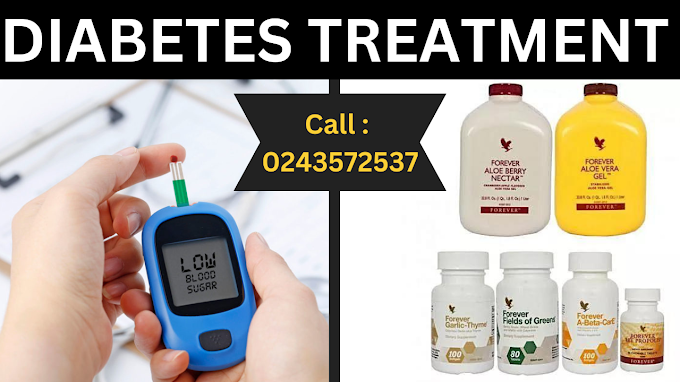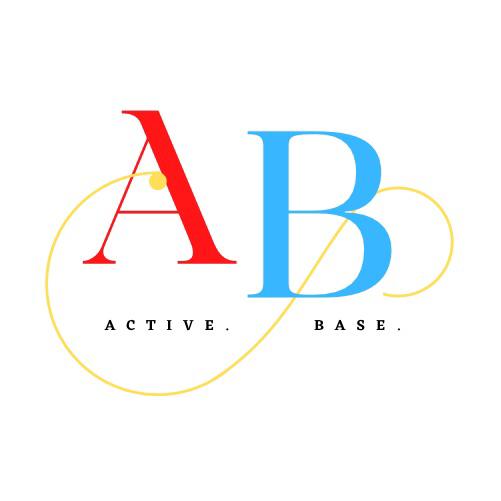The ketogenic diet, commonly known as the keto diet, has surged in popularity over recent years. Promoted for its potential to aid in weight loss and improve metabolic health, the diet primarily consists of high-fat, moderate-protein, and very low-carbohydrate intake. However, emerging research suggests that while the keto diet can have benefits, it may also have some unintended consequences, particularly concerning gut health and cholesterol levels. This blog post explores these impacts in detail.
Understanding the Ketogenic Diet
The ketogenic diet is designed to induce a state of ketosis, where the body burns fat for fuel instead of carbohydrates. This metabolic state is achieved by drastically reducing carbohydrate intake and increasing fat consumption. Typical foods on a keto diet include meats, fish, eggs, dairy, oils, and low-carb vegetables, while grains, fruits, and sugary foods are minimized or eliminated.
Effects on Gut Bacteria
Gut Microbiome Overview: The gut microbiome is a complex ecosystem of trillions of microorganisms, including bacteria, that play a crucial role in digestion, immune function, and overall health. A diverse and balanced gut microbiome is associated with numerous health benefits.
Impact of the Keto Diet on Gut Bacteria: Recent studies have shown that the keto diet can significantly alter the gut microbiome.
Reduction in Beneficial Bacteria: One of the main concerns is the reduction in beneficial gut bacteria, particularly those that thrive on dietary fiber. Because the keto diet is low in fibrous foods like fruits, vegetables, and whole grains, the populations of these friendly bacteria can diminish.
Increase in Opportunistic Bacteria: The shift in diet composition may also favor the growth of opportunistic bacteria, which can potentially lead to an imbalance in the gut microbiome, known as dysbiosis.
Health Implications: A less diverse gut microbiome and reduced levels of beneficial bacteria are associated with various health issues, including inflammation, weakened immune function, and digestive problems.
Effects on Cholesterol Levels
Cholesterol Overview: Cholesterol is a type of fat found in your blood that is necessary for building cells and producing certain hormones. However, high levels of low-density lipoprotein (LDL) cholesterol, often referred to as "bad" cholesterol, can increase the risk of heart disease.
Impact of the Keto Diet on Cholesterol: The high-fat content of the keto diet has been linked to changes in cholesterol levels.
Increase in LDL Cholesterol: Some individuals on the keto diet experience a significant increase in LDL cholesterol levels. Elevated LDL is a risk factor for atherosclerosis, a condition where plaque builds up in the arteries, leading to heart disease and stroke.
Mixed Effects on HDL Cholesterol: The diet can also impact high-density lipoprotein (HDL) cholesterol, known as "good" cholesterol. While some studies report an increase in HDL levels, which is beneficial, this does not negate the potential risks associated with higher LDL levels.
Individual Variability: It’s important to note that the effects on cholesterol can vary significantly between individuals, with some experiencing minimal changes and others seeing dramatic increases.
Balancing the Benefits and Risks
Potential Benefits: Despite these concerns, the keto diet can offer significant benefits, particularly for weight loss, blood sugar control, and certain neurological conditions like epilepsy.
Risk Management: To mitigate the risks associated with reduced gut bacteria and increased cholesterol levels, individuals considering the keto diet should take several precautions:
1. Increase Fiber Intake: Incorporate keto-friendly, high-fiber foods such as avocados, chia seeds, flaxseeds, and non-starchy vegetables to support gut health.
2. Monitor Cholesterol Levels: Regularly check cholesterol levels through blood tests and consult with a healthcare provider to make necessary dietary adjustments.
3. Probiotic Supplements: Consider taking probiotic supplements to help maintain a healthy gut microbiome.
4. Personalized Approach: Work with a healthcare professional or a registered dietitian to tailor the keto diet to your individual health needs and to monitor potential adverse effects.
Conclusion
The ketogenic diet offers several potential health benefits but also poses risks to gut health and cholesterol levels. While the reduction in beneficial gut bacteria and the increase in LDL cholesterol are concerns, these can be managed with careful planning and monitoring. As with any diet, it's essential to approach the keto diet with a balanced perspective, considering both its advantages and potential drawbacks. Consulting with healthcare professionals can help ensure that you reap the benefits of the keto diet while minimizing its risks.
References:
1. Harvard T.H. Chan School of Public Health. "Ketogenic Diet: What Is It and What Are the Risks?"
2. Mayo Clinic. "Is the Keto Diet for Everyone?"
3. National Institutes of Health. "The Human Microbiome: Our Other Genome."
4. American Heart Association. "Dietary Fats and Cholesterol."
By staying informed and making thoughtful dietary choices, you can navigate the complexities of the ketogenic diet and its impact on your health.








.png)
.png)



